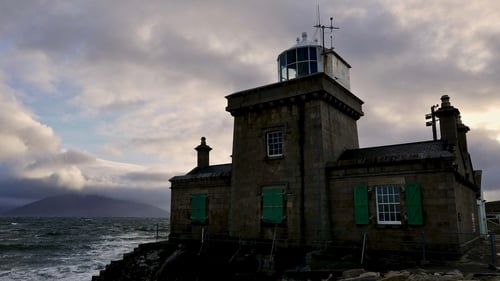Erwin Rommel
출생 : 1891-11-15, Heidenheim an der Brenz, Germany
사망 : 1944-10-14
약력
Erwin Johannes Eugen Rommel, né le 15 novembre 1891 à Heidenheim, mort le 14 octobre 1944 à Herrlingen, est un Generalfeldmarschall allemand de la Seconde Guerre mondiale. Il est officier pendant plus de trente ans et sa carrière se déroule dans l'armée de terre allemande au service des régimes politiques qui se succèdent alors. À la suite de sa campagne en Afrique du Nord, il est surnommé, aussi bien par ses compatriotes que ses adversaires, « le Renard du désert » : « der Wüstenfuchs » en allemand. N'ayant pas commandé de troupes sur le front de l'Est, il est réputé être l'un des rares généraux du Troisième Reich à n'avoir pas commis de crime de guerre ou de crime contre l'humanitéN 1. Rommel, à la tête d’une division de panzers, fait partie de ceux qui ont permis la percée sur la Meuse au cours de l'invasion de la France en mai 1940. De 1941 à 1943, il dirige le corps expéditionnaire allemand d'Afrique du Nord, connu sous le nom d'Afrika Korps. Il améliore les défenses du mur de l'Atlantique en 1944 et commande le groupe d'armées stationné en France,Belgique et Pays-Bas au moment de la bataille de Normandie. Admirateur du Führer jusqu'à ses derniers jours selon certains historiens, il a su se servir du régime nazi pour se placer au sommet de la hiérarchie militaire, de la même manière que le régime a su exploiter son image de soldat allemand exemplaire pour sa propagande. Son attitude devient ambiguë quand la situation militaire se détériore et il se trouve en contact avec certains des conspirateurs tout en ne jouant aucun rôle dans la préparation de l'attentat du20 juillet 1944 visant à assassiner Hitler. Grièvement blessé dans un accident de son véhicule alors poursuivi par un avion allié le 17 juillet, il paye son comportement en se trouvant contraint au suicide le 14 octobre 1944, pendant sa convalescence chez lui en Allemagne.


